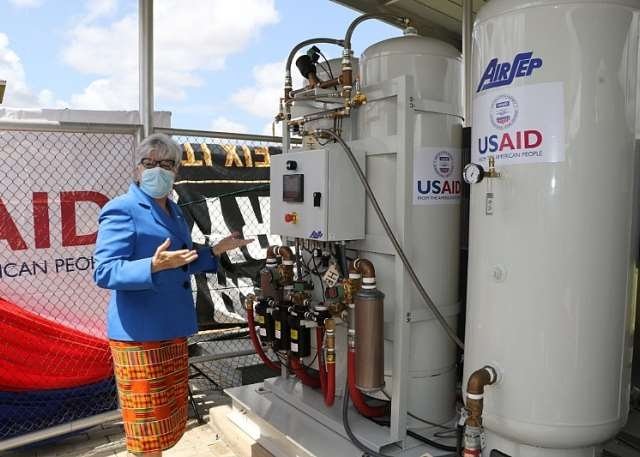By Emmanuel Amoah

The health workers in the Upper East Region have bemoaned the increasing misuse of emergency contraceptive pills, often referred to as ‘prepaid’ pills, among the youth.
They revealed alarming statistics indicating that a significant number of young men are now regularly distributing these pills to their female partners.
According to health professionals, “out of every 10 men, 8 are likely to give these pills to their female partners on a daily basis. Young men in the region now stock their homes and pockets with these pills, often offering them to young ladies even before engaging in sexual activities.”
Emergency contraceptive pills (ECPs) are designed to prevent pregnancy after unprotected sex. Commonly known as the “morning-after pill,” they are intended to be used as a last-resort measure and are most effective when taken within 72 hours of intercourse.
Madam Marry Azika, a midwife with the Bolgatanga Municipal Health Directorate, disclosed the growing misuse of these pills and emphasized that the widespread casual distribution of ECPs reflects a severe lack of education about family planning and contraception.
“Emergency pills are not intended to be a regular method of contraception. They are meant for occasional use to prevent pregnancy after unprotected sex or contraceptive failure,” Ms. Azika said.
“We need to create an environment where young people feel comfortable discussing these topics and where accurate information is readily available.”
Ms. Azika warned that frequent use of ECPs as a regular contraceptive method can lead to various health issues, including hormonal imbalances, menstrual irregularities, and decreased effectiveness.
She called for a comprehensive approach to address the issue, urging parents, educators, and community leaders to engage in open discussions about sexual health and effective contraception.
Scientific research supports her concerns, showing that ECPs are meant for emergency use only and should not replace more reliable contraceptive methods like birth control pills, intrauterine devices (IUDs), or condoms.







